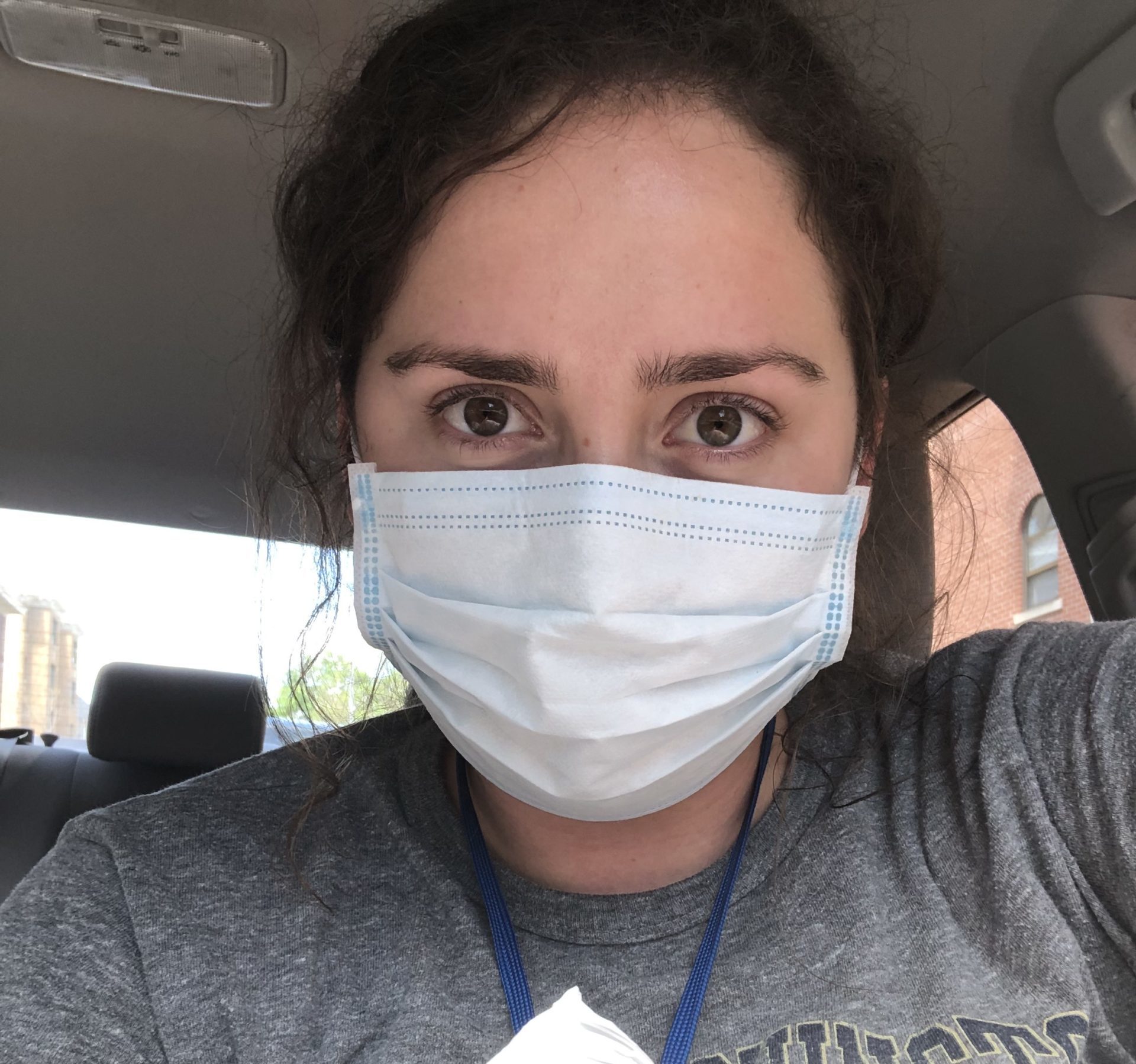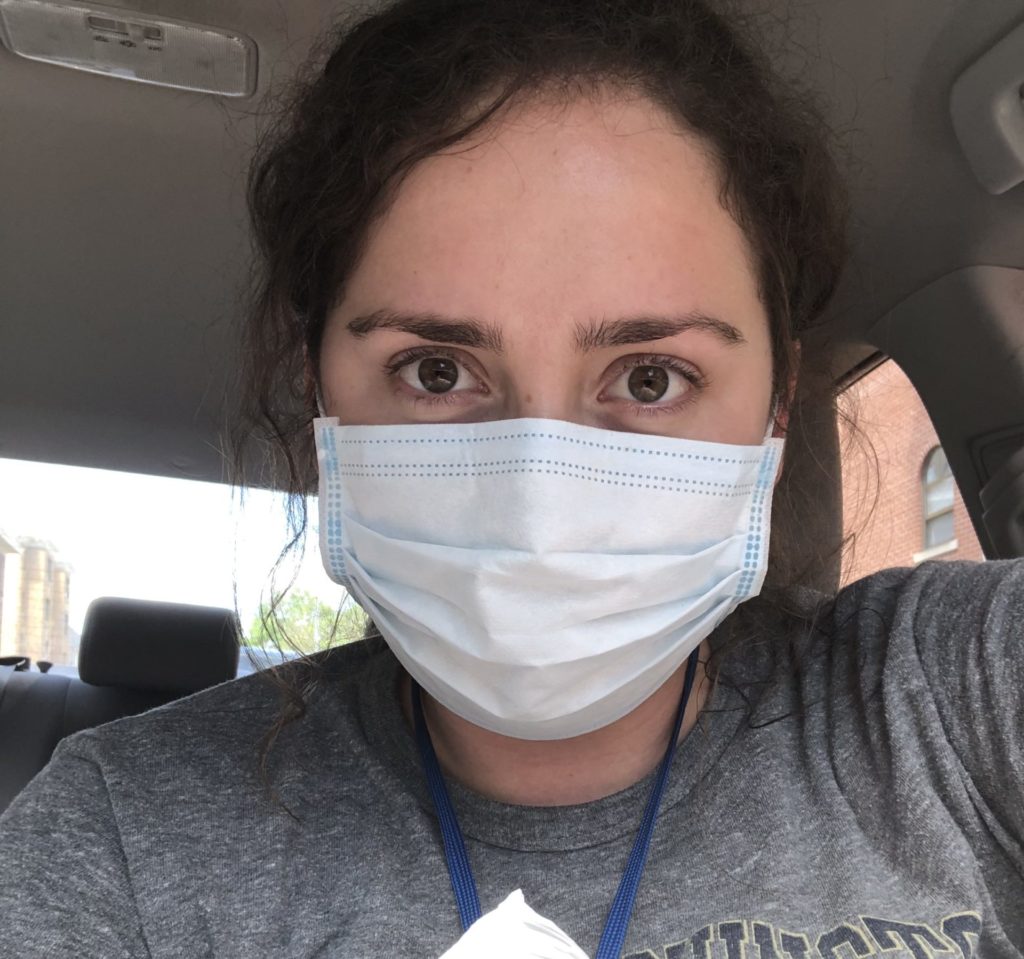
By Laura Hardin
Staff Writer
I always look forward to the holidays to catch up with family. Whenever we get together my sister, Ava, always has center stage due to her line of work. We hear of the day to day stories of a rehabilitation specialist working for Community Connections in Washington D.C. Some of the most memorable include a story of a client eating a lightbulb and a former addict mending the relationship with her estranged children.
I am proud to call her my sister because I know how much she helps and cares for the people she works with. With social isolation practiced all over the world, I thought about those who do not have the privilege of having a roof over their heads. Remembering that the people my sister works with are high risk, I asked how her job is different due to the pandemic and how some of her homeless clients were coping.
L: What did your job look like before the pandemic?
A: I have 10 cases I work with regularly. They are high risk populations that have a mental health diagnosis –for example a lot of my clients have schizophrenia. The people I work with are involved in high risk behaviors like substance abuse, homelessness or poverty.
I support them by keeping their lives on track. I provide my clients with medication management, setting up job interviews, getting to doctor appointments, making sure they have enough food, keep in touch with their families, really anything you think of I probably help with that too.
L: How does your job look different during this time?
A: It has been very difficult and crazy. It is difficult because I am not allowed to see them. I usually take clients to their appointments and now we aren’t allowed to do home visits unless absolutely necessary. However, that is a big part of my job, making sure that their house is safe and well maintained. Now the only thing we can do is assist over the phone and deliver food.

L: Why is your role so important to your cases?
A: My role is even more important now; people who are the most vulnerable to the disease have nothing to do and boredom can lead to bad things. Because we are not able to check up on them, a lot more people are apt to use illegal drugs, and they do not feel like they need their medication, so they do not take it.
L: Why would someone you work with be having a hard time during this pandemic?
A: They don’t have the support systems that everyday people have. Unless I see them, they are usually by themselves.
L: What does this time look like for someone who is homeless?
A: There are two types of homelessness, shelter and street homelessness. The people on the street cannot get off these streets. A few of them do not even understand what is going on because they are not educated on the topic. Now they just sit in the streets and are vectors for the disease.
For shelters, they are normally open from 5 p.m. to 7 a.m. but now they are keeping them open all day. Out of this rises a problem because you cannot be a new person in a shelter right now. Meaning people are not leaving to allow newcomers to have a shelter for the night. These folks are just so vulnerable.
L: What can the average person do even though we are stuck at home?
A: Donate, donate, DONATE! Donate food to your local food banks, donate to organizations and donate old clothes from cleaning out closets. Also, stay home! Some people do not have the privilege to stay off the streets, so we need to stay home to keep them safe.
If you would like to donate, click this link here: https://www.communityconnectionsdc.org/about-us/help

